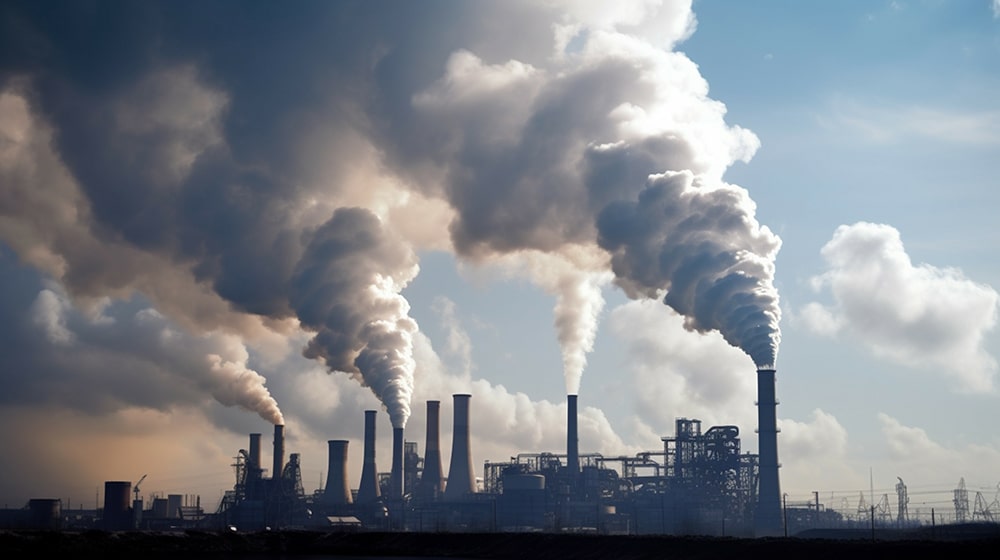ArcelorMittal recently completed the sale of its steel making and mining operations in Kazakhstan. This move came after the Central Asian state’s government demanded its renationalization due to an October blast at a coking coal mine.
On December 8, the Luxembourg-headquartered group reported that the state-controlled direct investment fund Qazaqstan Investment Corporation (QIC) acquired ArcelorMittal Temirtau. ArcelorMittal received $286 million from QIC on completion of the transaction, plus an additional $250 million as repayment of outstanding intra-group dues.
“ArcelorMittal will also receive an additional sovereign-fund guaranteed payment of $450 million, paid in four equal annual installments, as repayment of an intra-group loan,” the group added. “All ArcelorMittal Temirtau assets have been transferred on an ‘as is’ operational basis, meaning QIC has now assumed control and accountability for ArcelorMittal Temirtau’s operations, which will be renamed.”
Looking for historically accurate metal price forecasting? View MetalMiner’s full metals catalog and let MetalMiner customize your needs based on your specific metal types, forms, and gauges.
Coking Coal Operations Saw Multiple Incidents
A methane blast at ArcelorMittal’s Kostenko mine in October claimed 46 lives and prompted Kazakh President Kassym-Jomart Tokayev to call for the group’s departure from the country.
The Kostenko accident was reportedly not the first to occur in ArcelorMittal Temirtau’s eight coking coal mines. Five workers died at the Shakhtinskaya mine in August 2022, followed by an additional five at the Lenin in November of the same year. The latter was also due to an explosion. According to reports, the Lenin mine was the site of 41 worker deaths in 2006 alone.

Arcelor Temirtau is in central Kazakhstan, about 200 kilometers southeast of the national capital Astana. The plant has four blast furnaces, which can pour 5.84 million metric tons of pig iron per year. It also boasts one convertor shop with three 350-ton basic oxygen furnaces, which produce five million metric tons of crude steel annually.
Meanwhile, two continuous casting machines produce slab for rolling into hot rolled and cold rolled coil, plus hot dipped galvanized sheet further downstream. A third caster produces billets in 130x130mm and 150x150mm sizes for rolling into long products. Temirtau uses this for feedstock to roll up to 400,000 metric tons of rebar and merchant bar per year, including rounds, squares, flats, and channels.
Receive indispensable updates on metal prices and market shifts, empowering your company to make informed purchasing decisions. Opt into MetalMiner’s free weekly newsletter
Some Insiders Claim the Move Came “Just in Time”
A group official told MetalMiner that ArcelorMittal’s sale included ArcelorMittal Tubular Products Aktau. This facility lies in western Kazakhstan on the Caspian Sea. It mainly rolls spiral welded tube in 500-1,420mm diameters for the oil and gas sector, heating systems and water transmission, as well as in the construction sector.
Much of Aktau’s production shipped to Iran, which also has a coastline on the southern Caspian Sea. ArcelorMittal’s predecessor company, Ispat International, originally acquired the plant in 1995 and named it IspatKarmet. One industry watcher told MetalMiner that the group’s exit from the plant was a timely move. “It’s not a high-profile asset,” the source noted.
Sending Production to Russia Amidst Sanctions Escalation
At least part of Temirtau’s production was going to Russia, who invaded Ukraine in February of 2022. However, ArcelorMittal has listings on exchanges in New York and Europe. For that reason, sending material to Russia could put the group afoul of sanctions imposed by the U.S., UK, and European authorities due to the ongoing invasion.

Sanctions against Iran over that country’s nuclear and ballistics programs also make it difficult to send tubular products from Aktau. On top of that, that analyst added that Iran has sharply increased its crude steel capacity in the past 15 years. Estimates indicate the growth to be around 60%, putting their total capacity at around 16 million metric tons.
That said, Chinese steelmakers now supply much of Central Asia’s needs.“They had no place to sell their products,” the source added, referring to ArcelorMittal’s departure from Kazakhstan.
Ensure your supply chain’s stability by getting alerted about rapid metal market price shifts in advance. Subscribe to MetalMiner Insights and keep your operations running smoothly. Ready to learn more?



